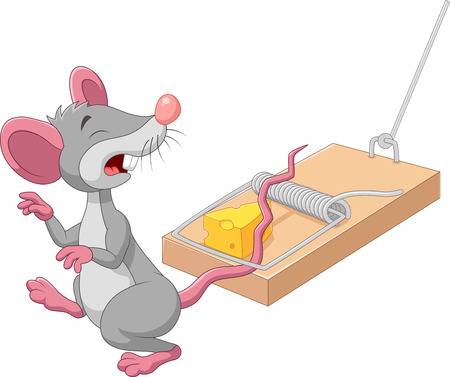The Department of Natural Resources in Wisconsin said in a report that it’s looking into cases of dead pets and wildlife which was due to poisoning in several northern counties in Wisconsin, including Marinette, Bayfield, and Florence counties. The inquiries carried out showed that most of the poisoning reported came from leftover meals, snacks and drinks which were not properly disposed of or intentionally poisoned to kill rodents and other wildlife. Reports also revealed that a number of dead squirrels and hawks noticed on the west side might be related to homeowners attempting to eliminate rats using poison. In recent times, people in Wisconsin have notified wildlife removal services about the abnormal increase in the number of dead coyotes, raccoon, weasel, hawks, and dogs which autopsy reports traced back to poisoning. When caution is not exercised while eradicating rodents with poison, the effect can go beyond exterminating the destructive vermin, to killing innocent neighborhood pets or wildlife.
The Unforeseen Consequence of Poisoning
The reported cases of deaths through poisoning occurred mostly in Wisconsin public lands. A dead neighborhood cat was discovered to have devoured a squirrel that also died from a poisoned hamburger meant to kill a weasel. Another lab result of a dead raccoon revealed that it had died from poisoned cheese. Pesticide such as carbofuran which is used in insect farming, and also used by potato farmers have been found to be the primary cause of death for animals like squirrels and skunks in Northern Wisconsin. However, experts have advised that people who put out rat poison should bear in mind the risk to dogs, cats, and even children. They further disclosed the possible impact the poison could have on the food chain, where birds of prey could be affected.
Wildlife Poisoning: A Destructive Practice That Has to Stop
Spring is when animals are coming out of hibernation and move frequently about, looking for whatever will satisfy their hunger. It’s also a time of the year when baby squirrels and baby rabbits go out looking for food. During this season, there’s usually no flower buds or green grass for them to feed on. So if you are using poison for a rat problem, you could be putting these animals at risk. Using traps in place of poison and securely containing one’s garbage can go a long way to reduce the number of poison-related deaths among wildlife.
Skedaddle Helps You Solve Your Wildlife Problems
It isn’t always simple or easy to ascertain if poison was the cause of death with some animals. Experts have shown that there are two known types of poisons: one involves signs of paralysis and the other involves symptoms of bleeding, both of which can also be as a result of injury or disease. Laboratory testing helps to verify the presence of poison and the possible solutions so as to avert a recurrence. In the case where animal deaths due to poisoning persist, call Skedaddle for humane wildlife removal services to help manage such problems.
Indeed, the destructive nature of some animals in the wild leaves a lot to be desired. It is, therefore, our duty to take the appropriate measures when trying to control them. The use of an alternative method like traps for rats could come in handy and be very effective. In addition, you can always rely on Skedaddle Humane Wildlife Removal Services to help you get rid of any uninvited animals.



